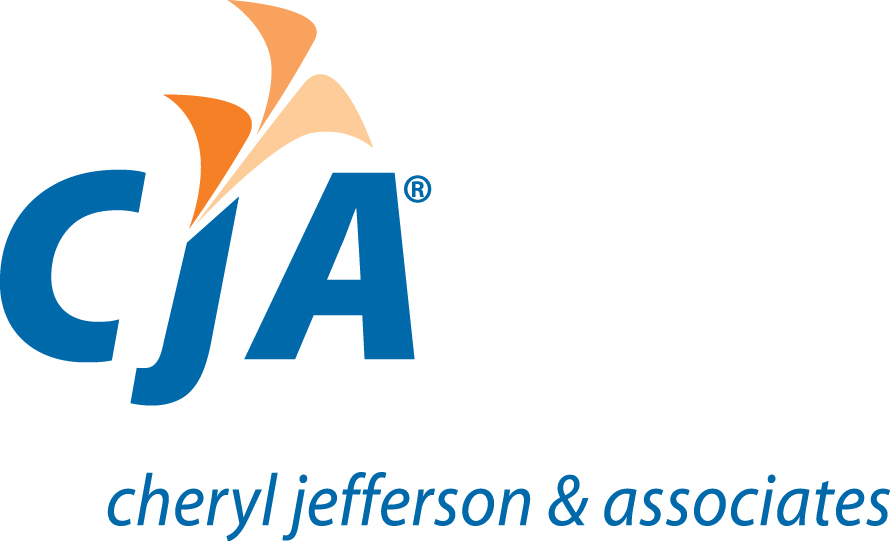Top 5 failures in a Preaward Survey
Part 1 of 2-part series
The preaward accounting system survey or audit (better known as preaward survey) is an evaluation on the prospective contractor’s accounting system. It is documented on SF 1408. This evaluation ascertains whether the accounting system can adequately accumulate costs under government contracts. If you want to bid on cost reimbursable contracts or T&M contracts, passing the preaward survey is crucial. If SF 1408 cannot be completed with all YES responses, you have a deficiency in your accounting system that needs correction. Failing the pre-award survey could potentially be a show-stopper. In my experience, the top 5 epic fails of a pre-award survey include the labor distribution, policies and procedures, generally accepted accounting principles (GAAP), segregation of costs, and indirect cost rates.
Here are the first two fails:
Labor Distribution
At least 2 items on the SF 1408 checklist address the allocation of labor. The distribution of labor dollars to contracts and non-contract activities is a key concern for government auditors. The government does not want to be charged more cost than it should. This is a prime area of failure. Contractors that do not record all time hours worked, whether on the contract or off, whether during work hours or after, could potentially overcharge federal contracts for indirect costs. Fringe, Overhead, etc. include labor dollars, as well as, are allocated by labor dollars. If time is missing from the labor base, the rate of allocation will be higher than it should. This holds particularly true in cases where payroll is paid on a salary basis. When payroll is paid hourly, unrecorded time results in unpaid hours called uncompensated overtime. FAR 52.237-10, Identification of Uncompensated Overtime, requires disclosure of the unpaid hours, if this clause is present in the contract.
Changes to the assignment of labor costs also presents a red flag for government auditors. In fact, manipulation of labor charges could result in criminal charges. Contractors should make clear that changes to labor distribution, trace back to the employee’s signed timesheets where the change was initiated. Also, documentation should be maintained to show that the change was not solely based on avoiding funding shortages or cost overruns.
Policies and Procedures
While there are no items on the SF 1408 that specifically address policies and procedures, a prospective contractor must have policies and procedures that document how each of the items on the checklist is handled. There is a saying “if it’s not in writing, it doesn’t exist”. Well, the same holds true for meeting the requirements of the preaward survey. If the contractor does not have written policies and procedures addressing each requirement, then the requirements are not being met. Putting it in writing, helps to ensure consistency in the application of the rules, as opposed to differing verbal interpretation of how things should be handled.
Another area where contractors fail, is in believing that their accounting processing instructions are the same as internal control policies and procedures. These are two separate things. The processing instructions often list the step-by-step instructions on how to enter data into the accounting system or shows workflow for processing transactions through the system. The policies and procedures for a government contractor must govern internal controls such as addressing safeguards, monitoring, and fraud prevention. Internal control procedures governing timekeeping, monitoring indirect cost rates, and management oversight and approvals are critical items in passing the preaward survey.
Stay tuned for part 2 of this series, but in the meantime, check out the path to DCAA compliance….
Contributed by Cheryl Jefferson Cooke, CPA/CFF

